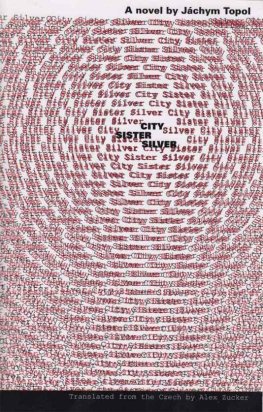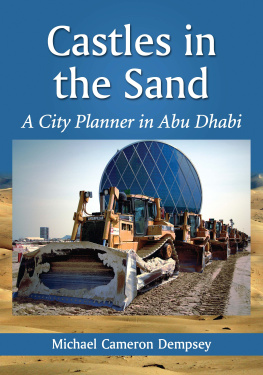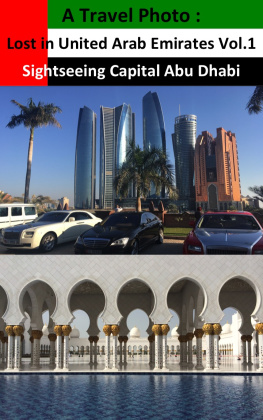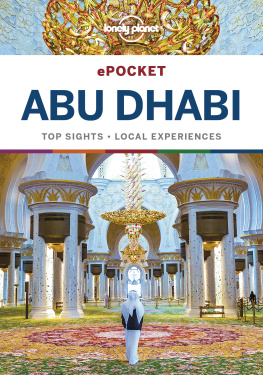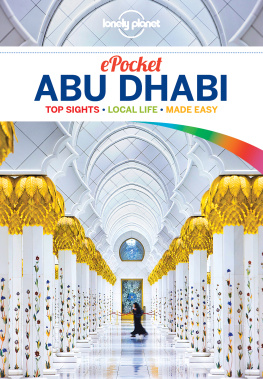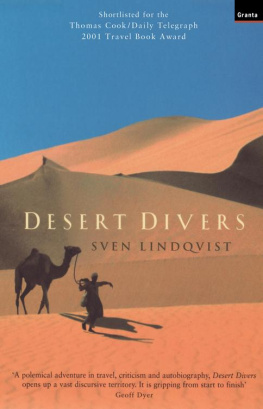A Diamond in the Desert
Also by Jo Tatchell
Nabeels Song: A Family Story of Survival in Iraq
A Diamond in the Desert
Behind the Scenes
in Abu Dhabi,
the Worlds Richest City
Jo Tatchell
Copyright 2009 by Jo Tatchell
All rights reserved. No part of this book may be reproduced in any form or All rights
reserved. No part of this book may be reproduced in any form or by any electronic or
mechanical means, including information storage and retrieval systems, without permission
in writing from the publisher, except by a reviewer, who may quote brief passages in a
review. Scanning, uploading, and electronic distribution of this book or the facilitation of
such without the permission of the publisher is prohibited. Please purchase only authorized
electronic editions, and do not participate in or encourage electronic piracy of copyrighted
materials. Your support of the authors rights is appreciated. Any member of educational
institutions wishing to photocopy part or all of the work for classroom use, or anthology,
should send inquiries to Grove/Atlantic, Inc., 841 Broadway, New York, NY 10003 or
permissions@groveatlantic.com.
First published in Great Britain in 2009 by
Septre an imprint of Hodder & Stoughton a
Hachette UK Company
Printed in the United States of America
eBook ISBN-13: 978-0-8021-9617-0
Black Cat a paperback original imprint of
Grove/Atlantic, Inc. 841 Broadway New York, NY
10003 Distributed by Publishers Group West
www.groveatlantic.com
For W and L
And for Kate
Once the realisation is accepted that even between the closest people infinite distances exist, a marvellous living side-by-side can grow up for them, if they succeed in loving the expanse between them, which gives them the possibility of always seeing each other as a whole and before an immense sky.
Letters to a Young Poet by Rainer Maria Rilke

Prologue
1965
A plume of golden dust bloomed high into the desert air behind the Chevrolet pick-up. Edward Henderson was working his way inland from the flat, coastal sands of Abu Dhabi Island towards the red dunes around the Buraimi oasis. The air in the cabin was suffocating, but although it was hard to breathe, the windows and vents had to be kept tightly shut all the way. Even the tiniest crack would allow fine, glassy desert dust to fill the car, dirtying clothes and clogging every crease of his face and lips.
On the seat next to him was a tin of Macintosh toffees and a large metal security trunk, stacked to the brim with neatly tied bundles of money. The pick-up skimmed the slopes, bouncing and jolting along the tracks it was not for nothing that it was called the Boneshaker. There was no respite: under the harsh sun the journey continued, relentlessly, for hours.
Edward was on his way to see Zayed, the brother of Abu Dhabis ruler, Sheikh Shakhbut, and representative, or wali, of Abu Dhabis fertile Eastern Region. Zayed was not easily found. He and his entourage circled Abu Dhabis territory, meeting tribesmen and hunting, rarely settling for more than a few days in any one place. It had become Edwards custom to stop at the home of Zayeds wife, the sheikha: she always knew exactly where, in the dunes around Al Ain, he could be found.
Edward tramped beneath the palm groves towards the mud house, the tin of toffees in his hands. A barefoot servant emerged to greet him, beckoning him into the dim light of the sheikhas quarters.
When she appeared, wrapped in an abaya, the thick black robe women routinely wore, and a stiff, inky burka that covered all of her face but the eyes, she settled herself on a rug behind a gently clicking screen of beads. Salaam alaikum, bin Hender. Come. Sit. As they shared news of family and developments in Abu Dhabi, the sheikha intermittently extended a hand with fruit or dates through the beads. Edward took what he was offered, and, after a while, placed the tin of toffees on the floor between them. Her hand reached for the tin and pulled it towards her.
The sheikha deserved whatever he gave her, for she was not only generous, but helpful. However whimsical her instructions might seem, Edward knew he would come upon the tents and flags on the horizon just where she had said they would be.
Zayeds retainers watched the pick-up approach and gathered, waving him in from the dunes, their robes billowing in the wind. To Edward, it always felt as though they had been expecting him. And perhaps they had. Life here was lived in perpetual readiness for the arrival of guests. The Bedu code of hospitality was sacred.
There was much commotion over his arrival. The men lined up to embrace him, then took him to the large rug spread in front of the pitched tent where Zayed sat. The two men embraced and rubbed noses. They had met more than ten years earlier when Edward had been with Petroleum Development Trucial Coast Ltd, the joint venture between major international oil companies operating in the Trucial States the seven tribal sheikhdoms, Abu Dhabi, Dubai, Sharjah, Ajman, Umm al Quwain, Ras al Khaimah and Fujairah, spread along the south-eastern Arabian peninsula. As the consortium had begun to plug the desert emptiness with rigs and derricks, Edward had fostered diplomacy in an effort to bring stability to a region whose leaders had been embroiled for generations in shifting tribal allegiances and bitter territorial disputes. The vast investment required by petroleum companies made political co-operation between the tribes essential. There was little point in drilling for oil if constant skirmishes wrecked the possibility of its safe extraction. In line with British interests, Edward had sought, and found, influence with the young Zayed. Over the years they had become firm friends. Zayed had bestowed on him his nickname, bin Hender. He had become one of them.
They treasured those moments in the desert. In its peace they could talk openly of the changes coming to Zayeds country and his people. In return Edward shared with him the ways of Western business and politics. Zayed was at his most content there, with his retinue, his hunting falcons, his tents, his camels and his God. The desert was the home of tribal business. It was so vast and inhospitable that people were insignificant; it was impossible to be anything other than pragmatic. It was there that awkward land and tribal disputes were settled, news was exchanged and plans were made. Respected for his falconry and equestrian skills, Zayed had become a voice for the tribes. He had spent years journeying across the Bedu territories, meeting tribal chiefs, hearing grievances great and small, and offering guidance as the world around them began to change. With unswerving faith he encouraged peace through consultation and consensus, sura and ijma.
Zayeds instinct for reform and modernity added to his appeal at least, to those interested in oil. In the early 1950s he had travelled to Europe and begun to build some of what he had seen there into his own vision for the future. He wished his impoverished people to enjoy a life beyond fishing and date farming. It had been in the deserts silence and stillness that he had first dreamed of a glittering Gulf city on the coast.
As night fell the camp grew busier and men returned with rabbit and houbara bustard from hunting. The fire had been lit, and while some talked, others brought out meat for roasting and set pots of rice over the coals. At sunset prayers were followed by coffee and when the time came to eat, men huddled round trays of food, tearing at the soft flesh with their fingers and pushing it quietly into their mouths. Afterwards they told tall tales, of falcons pinning bustards out of the sky, camel deals and skulduggery, love and land battles. Behind it all lay Zayeds great dream: that the settled tribes and wandering Bedu alike would build a future of shared plenty.
Next page

